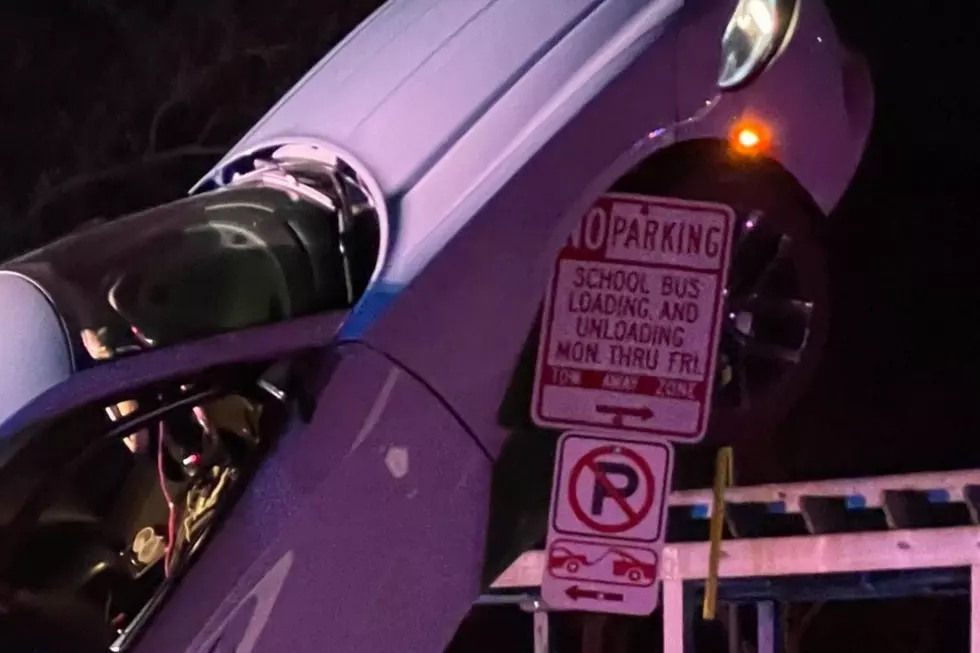
Once You Donate Blood What Happens To It After? Find Out Here
Have you ever wondered what happens to the blood after you donate it? You can find out here.
The pandemic has really slowed blood donations so if you are able to donate here is a list of locations in the Grand Rapids area.

Most blood centers in Michigan only have a one-day supply of blood or less and that is dangerously low especially if there is any kind of major emergency in the state.
When you donate your blood, nurses put some of the blood in vials that get sent off for testing. Versiti's has locations for donating in Grand Rapids but sends all tests to be made to their Indianapolis facility.
The rest of the pint of blood you donate is then sent to a processing facility in Grand Rapids. The plasma gets removed and the red cells get filtered to remove the white cells. All the different parts of the blood then get sent to different patients. The process is fast since supplies are low.
Area blood centers prefer having a week's worth of blood on the shelf but currently, most centers are at a one-day supply.
WOOD reported Dawn Kaiser, the vice president, and director of donor services said the current supply is the lowest she has seen in a decade. The only time Kaiser can recall having an overabundance of donors was after the attacks on September 11, 2001.
It is usually auto accidents or those involved in gun violence who wind up using the most blood. One patient might use up to 50 or 60 units of blood during an emergency.
After the blood leaves the processing facility it stays in West Michigan and gets distributed to many of our hospitals like Beaumont, Henry Ford, Munson, and Spectrum.
Donating blood is a constant need here in West Michigan. If you haven't donated in a while and you don't have COVID-19 or experienced symptoms, set up an appointment as soon as you can.
If you are a first-time donor you can get a $25 e-girt card at Versiti.
Always make your appointment in advance so staff can be prepared. Donors can learn more here.
MORE: Problems That Can Be Caused By Sleep Deprivation
KEEP READING: 15 Natural Ways to Improve Your Sleep
More From Mix 95.7










